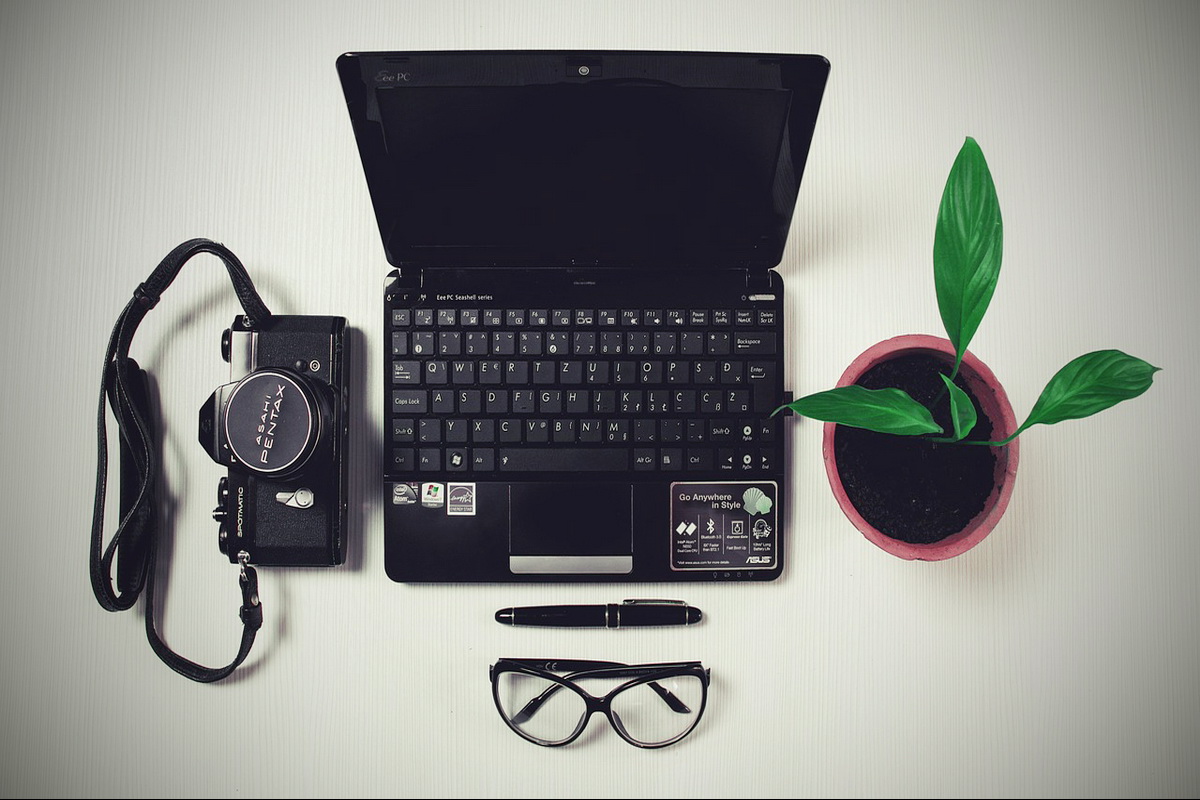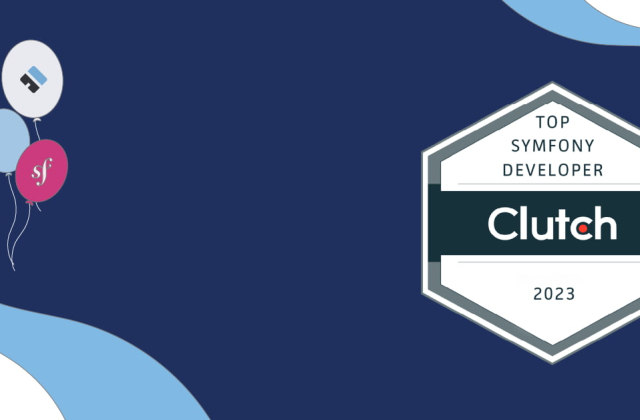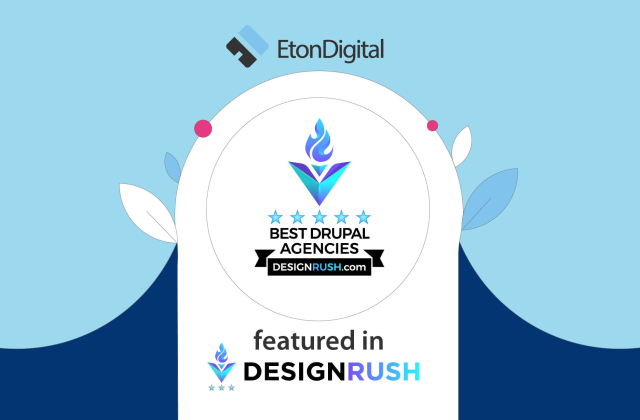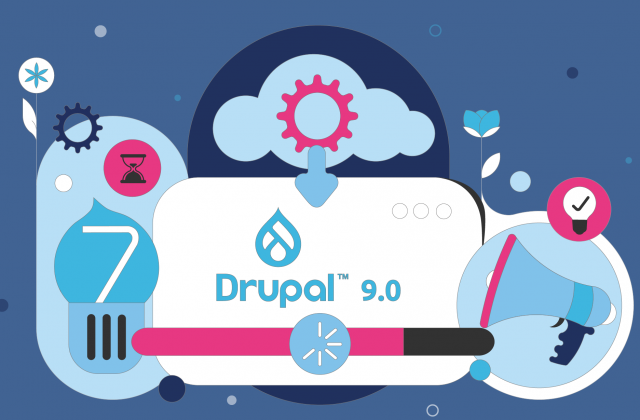Slush 2014 gathered big names from IT to talk about trends, problems, solutions, cooperation. We saw a great deal of support coming from government officials and many Eurasian start-ups with great ideas and solutions.
The winner of the last year’s Showcase Demo competition at the Slush tech conference was BetterDoctor, the start-up that helps people find doctors. This year nearly 200 companies from the digital health scene are in Helsinki, with a lot of creative solutions, from well-being to physical health.
Clearly, the digital health scene is booming and has attracted a lot of interest and attention. A creative explosion is happening now; many new companies are emerging in this field offering unique combination of hardware and software products.
Yes, the digital health scene is booming and I can see this field becoming a very competitive market for several reasons.
First, there is a demand and need
Health is something universal to all of us; we all deal with health in one way or another. Second, globally, access to health care is one of the burning problems, and there is an ongoing need to leverage technology to address this problem.
The competition is growing
It is about time we looked beyond Google and Apple and other major players, and see what solutions others can offer.
Now is as good time as ever to show what technology can do in this sector.
Combining different disciplines and techniques (hardware, software, design) and bringing people from related and specific industries can build successful health and wellness companies and create innovative solutions.
Young people are inspired
Young people are not discouraged by the domination of large companies, on the contrary, they are more enthusiastic and inspired by growing start-up ecosystem (especially in Europe). There are platforms such as HealthSPA for start-ups to exchange knowledge and experience, to connect, and accelerate learning in health and wellness space.
Wearable technology is transforming the way we look at our health.
The market is growing at the speed of light – global mHealth revenues will increase nearly six-fold by 2017, with a great potential for the healthcare industry.
Most of these digital health start-ups have monitoring, diagnostics, analytics and education in the focus. There are many interesting ideas out there, from health analytics for more productive offices, diagnosis of movement disorders, first aid education, software for cutting down expenses in clinical diagnostics, diabetes management solutions and solutions for long-term treatment follow-up, and more, some of which are already used, but not popularized enough.
These are some interesting and practical solutions from start-ups that take part in the final stage.
Yoogaia offers a way to practice yoga from your living room with an experienced instructor.
This is an online yoga studio that offers personal, interactive sessions and classes available in English and Finnish (Spanish, German and several other languages are next). The start-up is going to open up a yoga hub in London, and another one in Hong Kong by the end of the year.
Beast Technologies is a wireless sensor to track your workout in the gym.
It’s a wearable device that connects via Bluetooth to every smartphone, tracks and recognizes movement and saves data about your workout on cloud.
CosmEthics is an app that provides personalised recommendations for cosmetic products.
It scans the product’s bar code, does a research and safety assessment of potential hazards, and provides analyses.
MeeDoc is an app that connects patients and their doctors online via video.
It enables on-demand and pre-booked video consultation. Doctors can prescribe medications and offer diagnosis.
Runteq is an app that teaches you how to run.
It is a monitoring app, in a way, that provides personal feedback to runners on their running technique and instructions on how to improve it. Its goal is to show you the ways on how to be a better runner, improve your technique and to have fun running.
SportSetter is an iOS app that will help you discover new fitness experiences matched to your preferences and goals
You can find anything from traditional gym, yoga to indoor rock climbing. It does all the work for you, it seems you only need your iPhone and a gym bag, that is, if you live in Helsinki or New York.
BrainCare gives personalized solutions to improve quality of life of epilepsy patients.
The company is developing EEG implants for long-term monitoring, supported by cloud service.
Sensotrend is a diabetes diary, a dashboard created to improve treatments by automated data collection.
The data is imported from activity trackers and meal logging apps and from diabetes devices.
Yes, I forgot to mention, there is Ambronite, the world’s first real food drinkable meal at this year’s Slush.
Last week in Helsinki the weather suddenly changed, it was hot!
If we were to choose what ideas marked the conference, it would be e-residency and Jolla.
The idea of e-residency came from Estonia, an opportunity for anyone to become European digital citizen with a click of a mouse (and €50). With this digital ID, you can register your company and have an access to state digital services.
Finish company, Jolla, launched their first crowd-sourced tablet on Indiegogo and raised more than a million in just two days of their campaign. They attracted a lot of interest at this year’s conference.
Energy, creativity, innovation and cooperation – these four words are good to describe the conference.




